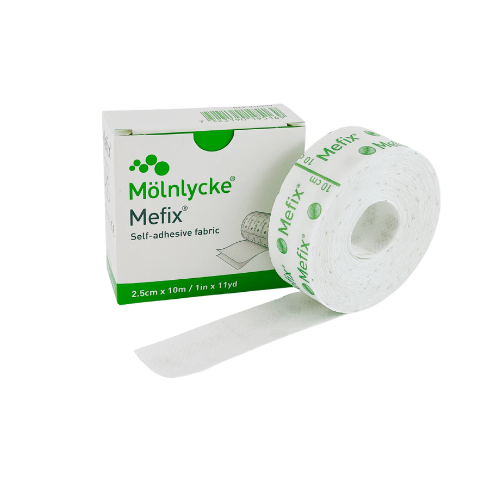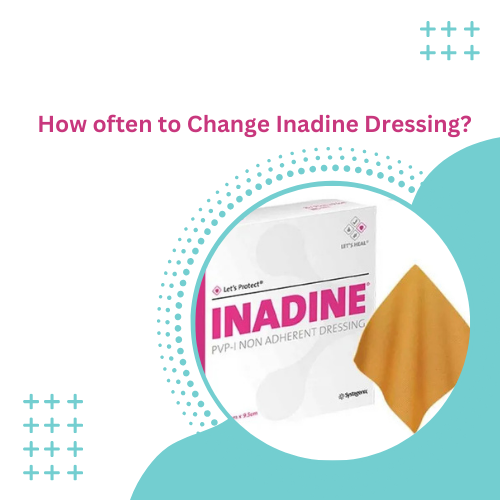If you’re considering starting a family, you likely have questions about how long it might take to get pregnant, when to have intercourse, and how often. This guide aims to answer those questions and help you understand the factors that influence conception.
The Chances of Getting Pregnant
One common question among those trying to conceive is: “What are my chances of getting pregnant this month?” For most couples, the probability of conceiving in any given month ranges from 15% to 25%. However, several factors can affect these odds:
- Age: After 30, your chances of getting pregnant each month begin to decline, with a more significant drop occurring in your 40s.
- Irregular Periods: Unpredictable menstrual cycles can make it challenging to identify your ovulation period, which is crucial for timing intercourse.
- Frequency of Intercourse: Less frequent sexual activity reduces the likelihood of pregnancy.
- Duration of Trying: If you’ve been trying to conceive for over a year without success, it may indicate a lower chance of becoming pregnant. Consult with your healthcare provider for fertility assessments for both you and your partner.
- Medical Conditions: Certain illnesses or conditions can also impact fertility.
Understanding Your Menstrual Cycle
Familiarizing yourself with your menstrual cycle is essential for understanding your fertility. Your cycle prepares your body for a potential pregnancy. As your ovaries prepare to release an egg, the lining of your uterus thickens, creating an environment conducive for a fertilized egg to implant. If fertilization does not occur, this lining is shed during menstruation.
A typical menstrual cycle lasts between 21 to 35 days, starting on the first day of bright red menstrual bleeding. Minor variations from month to month are common and usually not a cause for concern.
Getting Pregnant Timeline
In a standard 28-day cycle, ovulation typically occurs around day 14, with the egg viable for fertilization for about 24 hours. If fertilized, it takes 5 to 6 days for the fertilized egg to travel through the fallopian tube and implant in the uterus, marking the onset of pregnancy around day 21.
Predicting Ovulation
Since timing is crucial for conception, knowing when you’re ovulating can increase your chances. Here are some methods to help predict ovulation:
- Calendar Tracking: Mark the start of your period each month. You will likely ovulate 14 days before your next period begins, regardless of the cycle length. Various apps are available to help you track your cycle and notify you of your most fertile days.
- Cervical Mucus Observation: The discharge from your cervix changes throughout your cycle. Around ovulation, it becomes clear, slippery, and egg-white-like, indicating that you’re in your fertile window.
- Basal Body Temperature: A slight increase in your basal body temperature can signal that ovulation has occurred. You’ll need a specialized thermometer to track these subtle changes accurately.
- Ovulation Test Kits: These tests detect the surge in hormones that precede ovulation. It’s best to test daily for 5 to 10 days in the middle of your cycle.
- Fertility Monitors: There are electronic devices available that can track temperature and hormone levels for you.
Timing Intercourse
Another frequent question is: “How often should we have sex?” The general recommendation is to have intercourse every two to three days throughout your cycle. This ensures that sperm are available when the egg is released. While some worry that daily intercourse could lower sperm count, research suggests that frequent sex might actually enhance your chances of conception, as long as it doesn’t cause stress or feel like a chore.
Going Off Birth Control
After discontinuing birth control, it’s possible to get pregnant almost immediately. However, it might take a few cycles for your body to regulate ovulation naturally. You are equally likely to have a healthy pregnancy whether you conceive right away or wait a few months.
How Long Does It Take to Get Pregnant?
While a typical timeline suggests that implantation of a fertilized egg occurs by day 21 of your cycle, it may take some time to confirm your pregnancy. Early signs can include:
- Missed period
- Fatigue
- Sore or swollen breasts
- Increased urination
- Nausea
- Mild cramping or spotting
- Mood swings
A pregnancy test may show positive results approximately 11 to 14 days after conception, as human chorionic gonadotropin (hCG) builds up in your system.
Considerations for Trans and Nonbinary Individuals
If you’re transgender or nonbinary, and undergoing hormone therapy, it’s essential to note that testosterone can suppress ovulation. However, once you stop taking testosterone, your body can return to its normal reproductive function. Consult your healthcare provider before attempting to conceive, especially regarding hormone therapy’s effects.
Health Care
Finding a healthcare provider you feel comfortable with is vital. Seek referrals to professionals who are inclusive and knowledgeable about your specific needs.
Emotional Health
Pregnancy can bring a range of emotions, which may be heightened if you recently stopped hormone therapy. Preparing for mood fluctuations and seeking support from friends, family, or a therapist can be beneficial.
Breast/Chestfeeding Considerations
If you’ve undergone chest reconstruction, discuss breastfeeding options with your healthcare provider. You may also want to explore the implications of restarting testosterone after delivery.
Getting Pregnant Tips
In addition to timing, here are more tips to enhance your chances of conceiving:
- Schedule a preconception checkup to identify any health issues.
- Review your medications with your doctor to ensure they’re not affecting fertility.
- Maintain a healthy weight and engage in moderate exercise.
- Avoid smoking and limit alcohol and caffeine intake (to less than 200 mg daily).
- Start taking folic acid supplements to prevent serious birth defects.
When to See a Doctor
Most couples who have regular intercourse and no underlying health issues conceive within six months. If you haven’t conceived after a year, or six months if you’re over 35, consult your healthcare provider. Discuss any health conditions that may affect your pregnancy as well.




